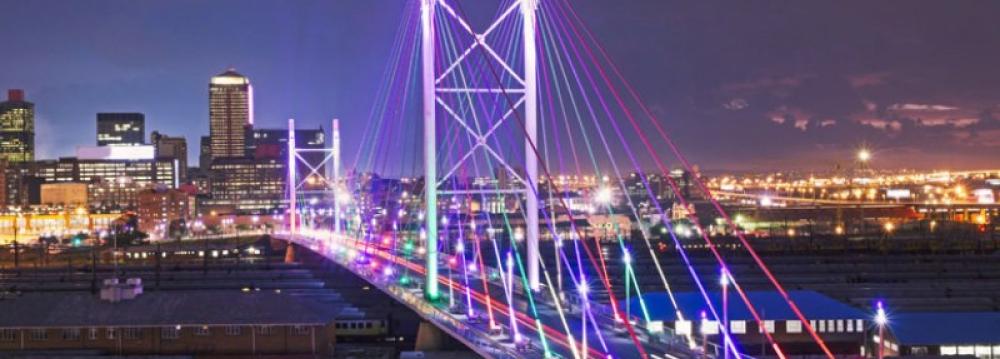South Africa’s headline inflation pulled further away from the central bank’s target range in June, data showed on Wednesday, but analysts said the increase was probably not enough to justify an interest rate hike this week.
While pursuing its mandate of containing inflation, the Reserve Bank is wary of adding further strain on an economy which contracted in the first quarter and is expected to grow at most by 0.9% this year.
Inflation quickened to 6.3% year-on-year in June from 6.1% in May, data from Statistics South Africa showed. Economists polled by Reuters had expected a 6.2% increase.
Analysts, who expect the central bank to keep its repo rate on hold at 7% on Thursday, said the latest inflation print did not change that view.
“I don’t think it’s going to have any impact at all. We thought by now inflation would probably be near 7%,” Eskom chief economist Mandla Maleka said.
“We can live with 6.3,” he said, predicting a rate hike only in November.
The rand edged up slightly against the dollar after Wednesday’s data, suggesting some traders believed there was a slightly higher chance of a rate hike this week.
Statistics South Africa said prices were up 0.6% on a month-on-month basis in June, after a 0.2% increase in the previous month.
Core inflation, which excludes the prices of food, non-alcoholic beverages, petrol and energy, rose slightly to 5.6% year-on-year in June from 5.5%, and to 0.4% month-on-month from 0.2%.
Corruption Hampering Reforms
The International Monetary Fund has broadly criticized efforts by government to reform the economy. It said corruption in South Africa is hampering reforms needed to boost economic growth.
IMF’s first deputy managing director David Lipton, who addressed a crowd at the University of the Witwatersrand in Johannesburg Tuesday, said cutting taxes and increasing government spending will not solve the country’s growth problems.
He also said that with regards to state-owned enterprises, improved governance and transparency in board appointments are needed.
Turning to mining, questions have also been raised about regulatory uncertainty in the sector, which is also straining business confidence.
Overall, Lipton said, the politics of the moment favor the status quo rather than sweeping changes needed to transform the economy.
South Africa is grappling with growth that is too slow to raise average living standards, which is deeply problematic when one-third of the working population is effectively excluded from the economy. So far, there has been only limited progress on reforms to remedy that situation.


